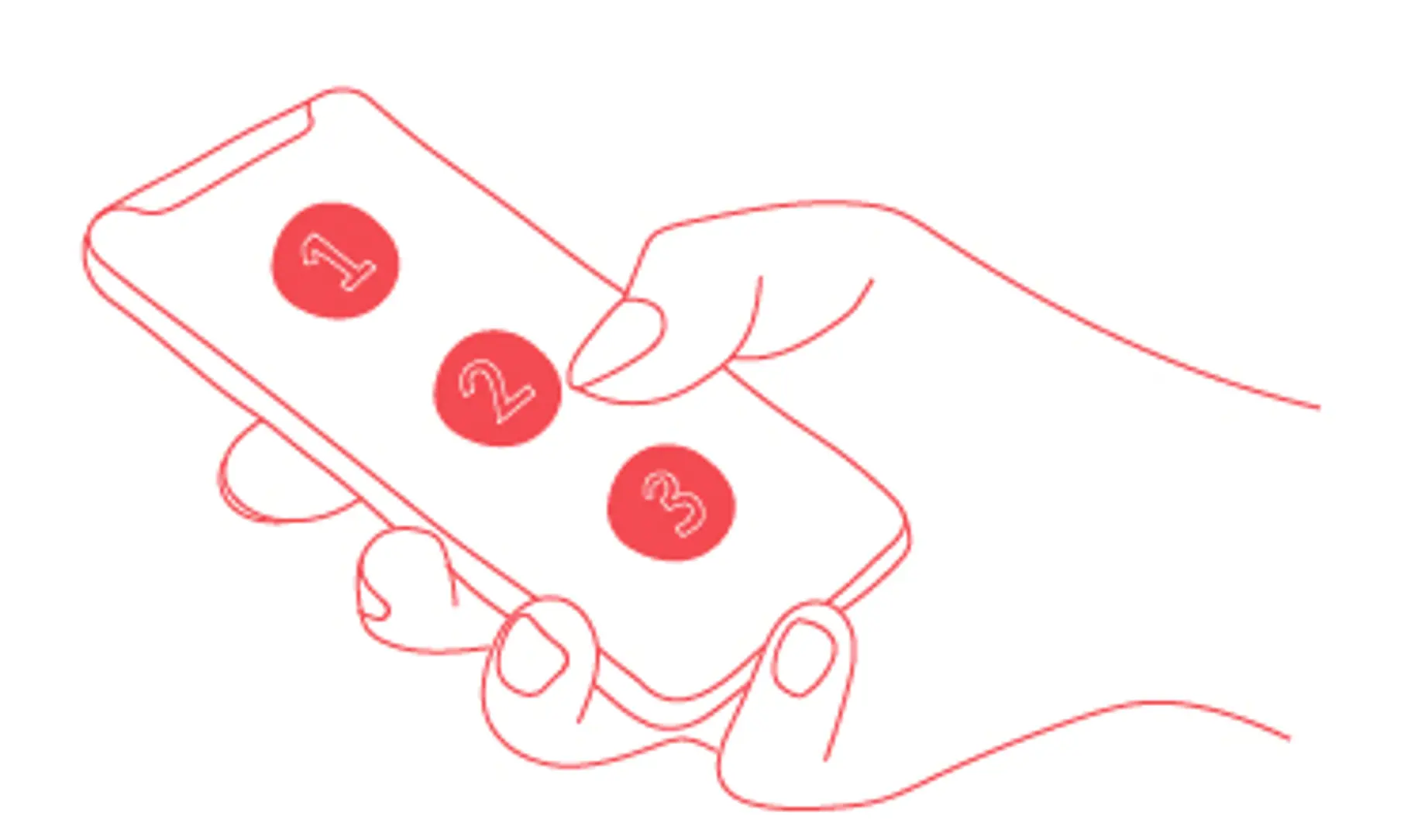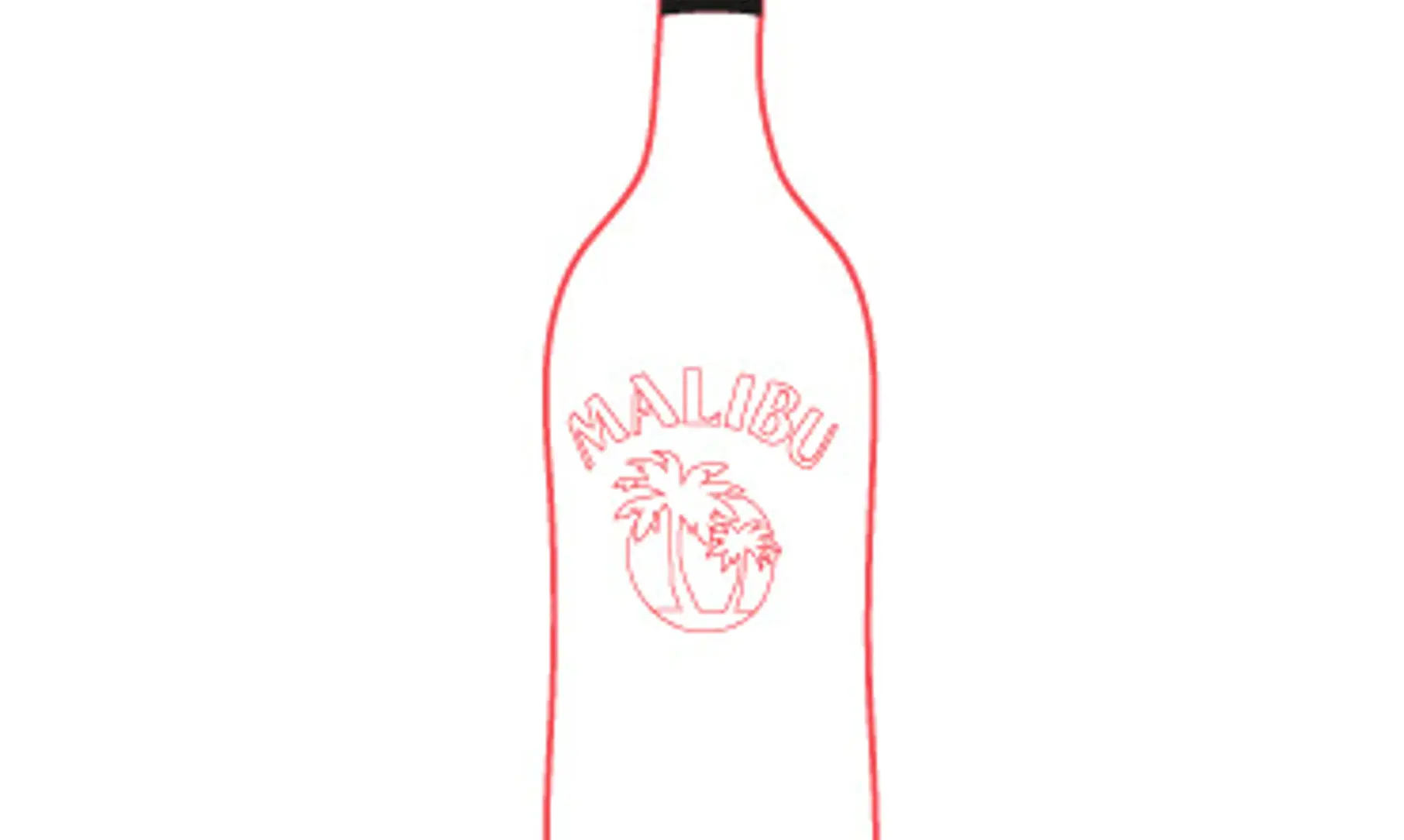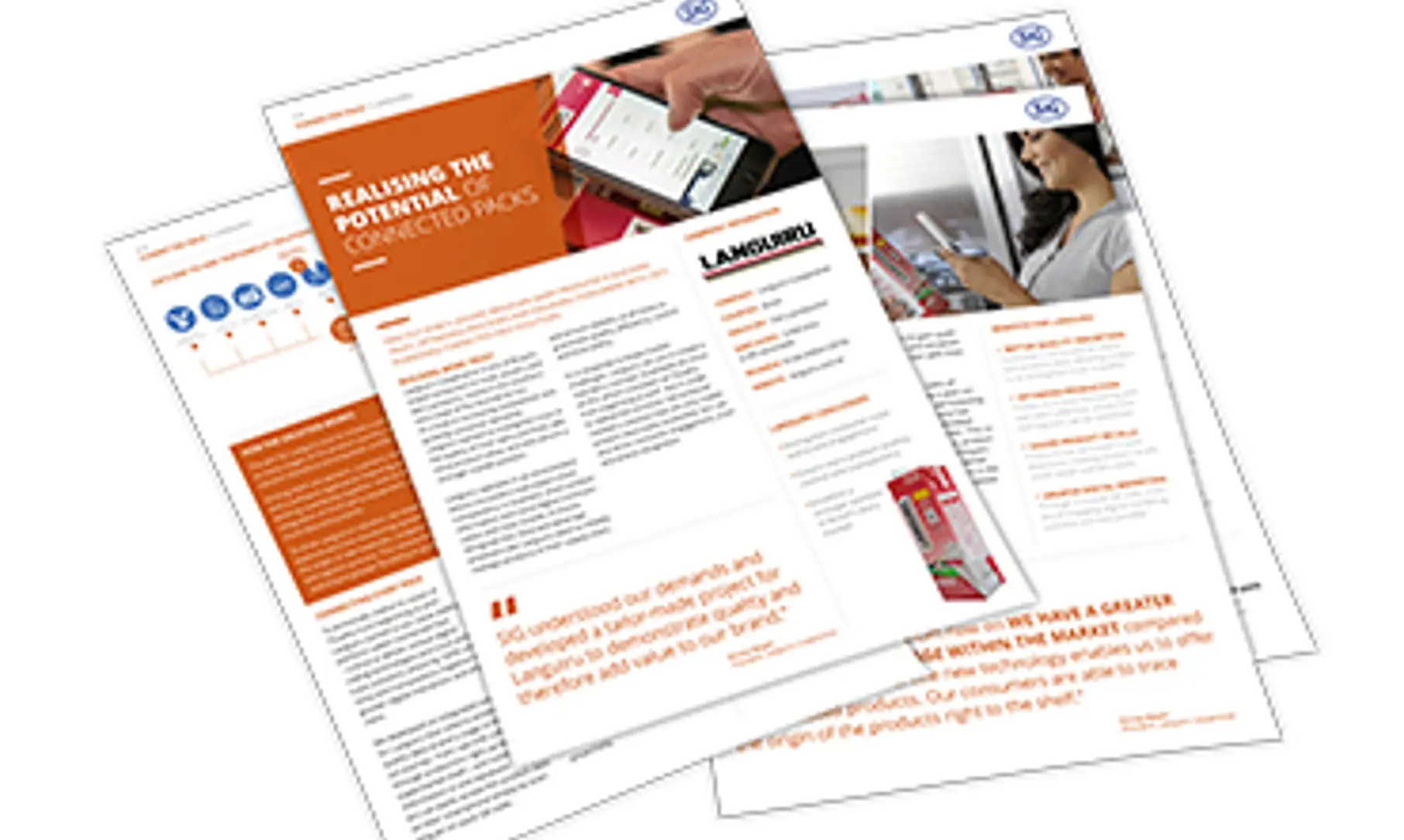Ready, Set – Engage

In part five of The Transparency Track series, we explore how and why manufacturers are using packaging to better engage with consumers.
Engaging content
Packaging has evolved beyond its primary purpose of ensuring food safety and providing basic information. Now, it is being used to further enhance the customer journey. Take two similar products on a supermarket shelf: one comes with the minimum amount of information required by law. The other comes with a small story on how it was made as well as suggestions for how best to serve it. This product also comes with a QR code that can be scanned with a smartphone for further information such as sourcing and allergens, access to games, discount codes, and more. With this in mind, which product is the consumer likely to choose?
The power of good packaging
When played right, great packaging can help create long-term relationships with consumers while allowing manufacturers to improve their entire production process. Take the Brazilian dairy manufacturer Languiru, who partnered with SIG in 2018 to place QR codes on its milk cartons as part of a promotion. Aside from the main aim to engage with consumers – especially kids – by allowing them to scan the code and win prizes, the manufacturer was able to cement its market position as a high-quality dairy producer that sources its milk locally. The QR codes also helped Languiru collect data insights which were used to improve its supply chain.
To read more about how we supported the dairy manufacturer, sign up to download our case study via the link at the bottom of the page.
Got game?
Gamified packaging is big business, with the global gamification market worth $6.8 billion in 2018 and expected to hit $40 billion by 2024. Here, manufacturers can choose how they want consumers to interact with the brand – either physically or digitally. The former has been around for years and provides a fun way to build interest: take the makers of Corona beer who, back in the early 2010s, turned the packaging for some of their six packs into a board game. The bottle caps doubled as player “chips” and the “dice” could be located on any smartphone once the QR code on the box was scanned.
Contests
A bit of competition never hurt anyone – especially when it comes to connected packaging. Using packaging to give consumers access to quizzes and contests can create real, solid engagement. In 2019 the makers of Malibu rum released 300,000 “connected” bottles with a QR code and NFC technology. The former led to an online game where consumers could win prizes, while the NFC tag was used to access competitions and drink recipes.

Recipes
Helping consumers learn how to optimise their purchases can also give them more value for their money – and improve brand transparency. Sometimes, providing a whole lot of extra information can even save a brand’s presence: in 2015, Nestlé’s Maggi noodles were banned in India for supposed health reasons. After the ban was lifted, Nestlé placed QR codes on every Maggi pack which, when scanned, would direct consumers not only to recipe suggestions but information on everything from sourcing and nutrition to the brand’s sustainability efforts, leading the manufacturer to regain market position and trust.
Activities and support
Building a better relationship with consumers via the medium of connected packaging doesn’t necessarily mean having to offer rewards or prizes. Simply providing information that could help them optimise their purchase is another great way to offer more. The cosmetics company Avon has a two-pack of night creams that comes with a QR code on the packaging. Once scanned, the code will remind consumers when to switch between the two creams in order to get the best results.
The SIG touch
At SIG, we’re passionate about packaging and the opportunities this market opens up for food and beverage manufacturers. With PAC.ENGAGE, you can place QR codes on product packaging that can link consumers to raffles, quizzes, instant prizes and more. Furthermore, this particular solution is easily adaptable based on your needs, allowing you to engage with consumers while driving traffic to your social media platforms.

In part six of the series we’ll look back on the effect connected packs have had on brand transparency and discuss the long-term impact on food and beverage manufacturers.
For more information on connected packs and a host of other relevant topics, subscribe to SIGnals Update, our exclusive bi-weekly newsletter.
SIG Languiru case study – gated content
Fill in the form below to download your copy

- October 05, 2021
